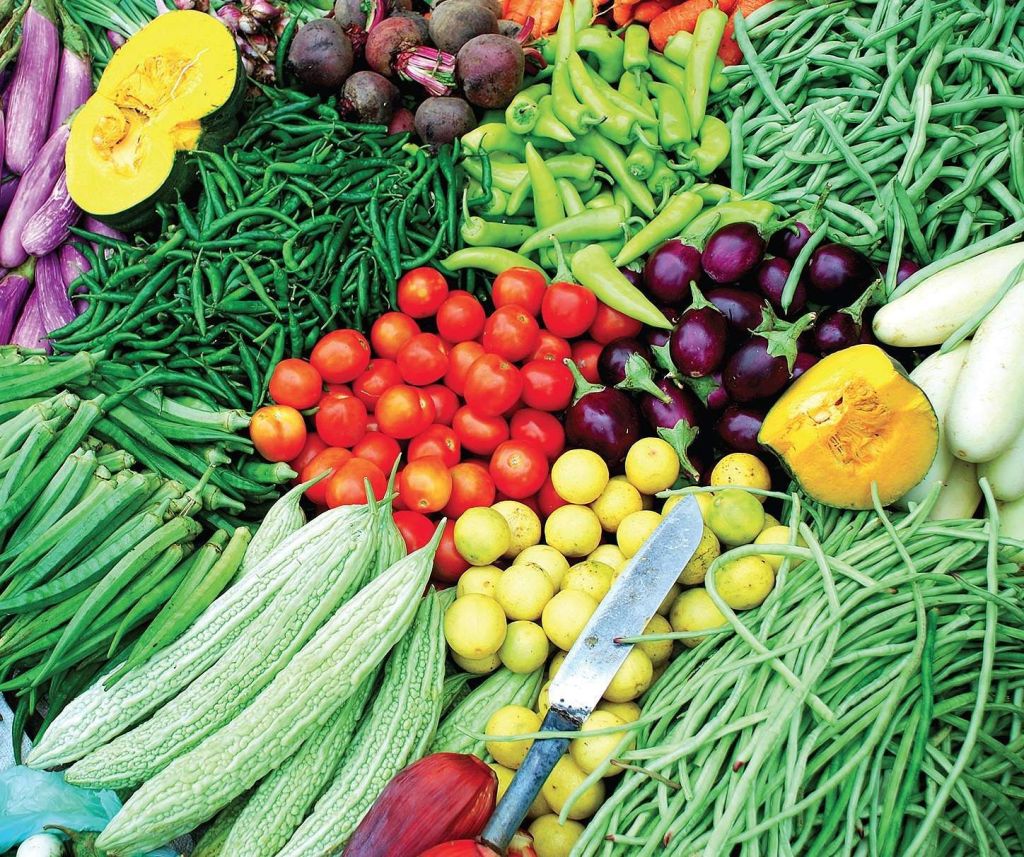Organic farming has gained popularity in recent years due to its numerous benefits for both the environment and human health. Unlike conventional farming methods that heavily rely on chemical fertilizers, pesticides, and genetically modified organisms (GMOs), organic farming focuses on nurturing the soil’s natural fertility and using sustainable agricultural practices. In this post, we will explore some of the key advantages of organic farming.
1. Environmental Benefits:
One of the primary advantages of organic farming is its positive impact on the environment. Organic farmers avoid using synthetic chemicals, which helps reduce water pollution from runoff and minimizes soil erosion. Additionally, by promoting biodiversity through crop rotation, companion planting, and preserving natural habitats for beneficial insects and wildlife, organic farms create a healthier ecosystem overall.
2. Healthier Soil:
Healthy soil is vital for successful agriculture, and organic farmers prioritize building and maintaining fertile soils naturally. By utilizing techniques like composting, cover cropping, and crop rotation instead of relying on chemical inputs or artificial nutrients like synthetic fertilizers, organic farmers help improve soil structure while enriching it with essential minerals and microorganisms necessary for plant growth.
3. Safer Food:
Choosing organically grown food means opting for produce free from harmful residues such as pesticides or herbicides commonly used in conventional agriculture. Studies have shown that consuming these chemicals can have adverse effects on human health over time. Organic crops also tend to contain higher levels of certain nutrients such as vitamins C and E compared to conventionally grown counterparts.
4. Preservation of Ecosystems:
Organic farmers play a crucial role in conserving biodiversity by avoiding GMOs in their cultivation practices. By cultivating heirloom varieties instead of genetically engineered crops designed to resist pests or increase yields artificially, organic farmers help preserve traditional seed diversity that contributes to resilient ecosystems capable of adapting to changing environmental conditions.
5. Support for Rural Communities:
Embracing organic farming not only benefits consumers but also provides economic opportunities for rural communities. Organic farms often require more labor-intensive practices, which can lead to job creation and stimulate local economies. Additionally, organic farming encourages small-scale agriculture and reduces the reliance on large agribusiness corporations, allowing farmers to maintain control over their land and crops.
6. Climate Change Mitigation:
Organic farming methods have been shown to be more climate-friendly compared to conventional practices. By avoiding synthetic fertilizers that release significant amounts of greenhouse gases, such as nitrous oxide, organic farming contributes to reducing carbon emissions into the atmosphere. Furthermore, organic soil management techniques help sequester carbon in the ground, effectively acting as a carbon sink.
In conclusion, organic farming offers numerous benefits for both people and the planet. From protecting the environment and preserving biodiversity to providing healthier food choices and supporting rural communities, choosing organically grown produce is a step towards sustainable living. By opting for organic products whenever possible or even starting your own small-scale organic garden at home, you can contribute to a greener future while enjoying the many advantages of this holistic approach to agriculture.


Leave a comment